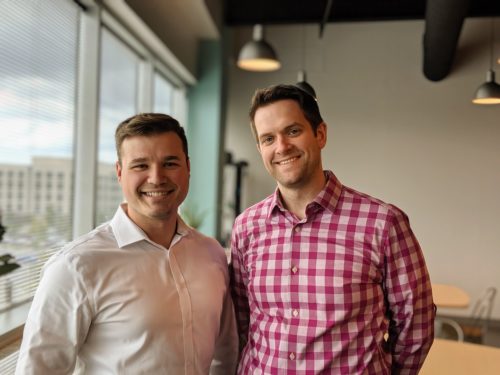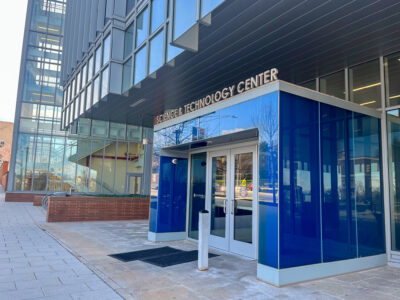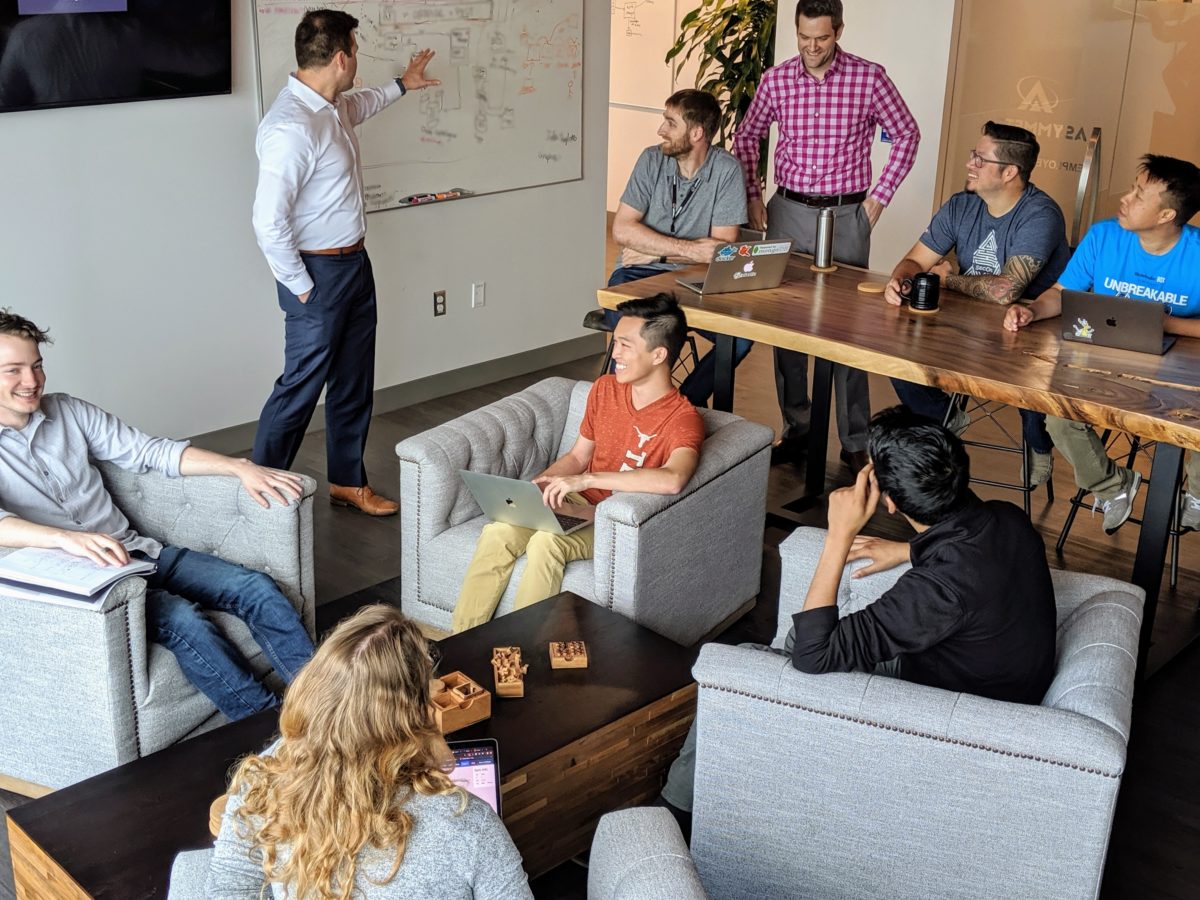
This article is sponsored by Asymmetrik and was reviewed before publication.
Over 10 years ago, Asymmetrik was founded on the premise that everyone has an obligation to improve the world.
Since then, the software application and data analytics firm has held tight to its principles, taking on heavyweight projects — such as building secure cloud applications and digital infrastructures — for the government’s defense and intelligence industries.
“Our business compass is set to work in areas where we believe we can make significant, positive impact,” said Asymmetrik COO Ryan Blace.
That unwavering commitment to improving lives is also what led the Annapolis Junction, Maryland-based company to start tackling some of the biggest challenges in today’s healthcare industry.
For the last four years, Asymmetrik has entrenched itself in the development of tech applications, data interoperability frameworks and system efficiencies to enable better patient care.
“One of the biggest challenges in the effort to digitally transform the healthcare space is data interoperability,” said Director of Healthcare Zane Teeters. “If a patient goes to see provider A and provider B, there’s no guarantee that those provider’s systems are talking to one another. The data is not interconnected. We’re bringing that data together to improve care and decrease physician burnout.”
A key element to improving health data integration has been Asymmetrik’s open-source FHIR server, which recently won the Office of the National Coordinator for Health Information Technology’s Secure FHIR Server Challenge. Built in line with the federal government-backed HL7’s FHIR standard, Asymmetrik was rewarded for developing the most secure shared patient data server in the competition.
It’s a big deal for the 101-person team, which, after gaining credibility primarily through its government work, quietly endeavored to help shape FHIR standards, build a server that could solve for data and security issues of the entire healthcare industry, and give back to the open source community by sharing its work for free. That kind of thoughtful, yet unmitigated focus has played an important role in the firm’s success, the company’s leadership says, putting its mission to enact change over its desire for recognition.

Zane Teeters and Ryan Blace at Asymmetrik’s office. (Courtesy photo)
But back to its efforts in healthcare. The Asymmetrik team didn’t stop at only providing solutions for healthcare providers. It simultaneously worked on creating a platform for patients to access their healthcare data, as well as building a tool that will enable them to proactively care for their cardiac health. Knowing the personal nature of an individual’s relationship with their health, the UX team invested in extensive user research to ensure the tool reflected the needs and capabilities of all its users.
“We measure success not just by the impact our technology has made for our customers, but also by the impact we’ve made on the people using it,” said Blace.
When you learn more about Asymmetrik’s origin story, it’s unsurprising that the company lives and breathes its mission so fully. Founded by two left-handed engineers, Amit Singh and Mike Frentz bonded over their shared interest in taking unconventional approaches to solving problems. Making the decision to remain an employee-owned corporation, the founders say they never had to stray from their original vision to put small, intelligent teams together to challenge the way industries function through technology.
Moving forward, the company is looking to continue fulfilling its world improvement duties by taking its FHIR-based solution and niche expertise into the cancer research space.
Browse open jobs at AsymmetrikJoin the conversation!
Find news, events, jobs and people who share your interests on Technical.ly's open community Slack

Baltimore daily roundup: Real estate deal in the Peninsula; Missing $100M nitrile glove factory; Dirt bike clampdown

Baltimore daily roundup: Gen AI's software dev skills; UpSurge Tech Ecosystem Report; MD service year program

Baltimore daily roundup: Mayoral candidates talk tech and biz; a guide to greentech vocabulary; a Dutch delegation's visit

